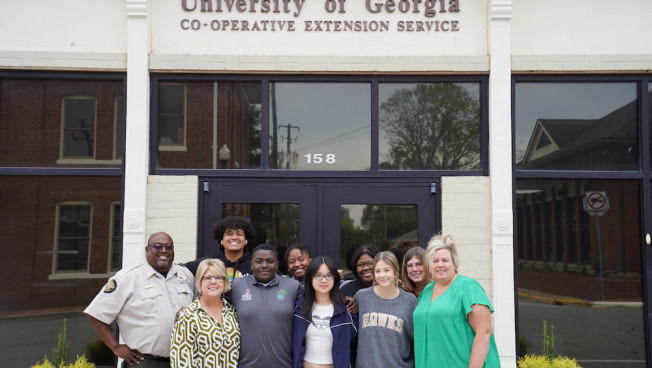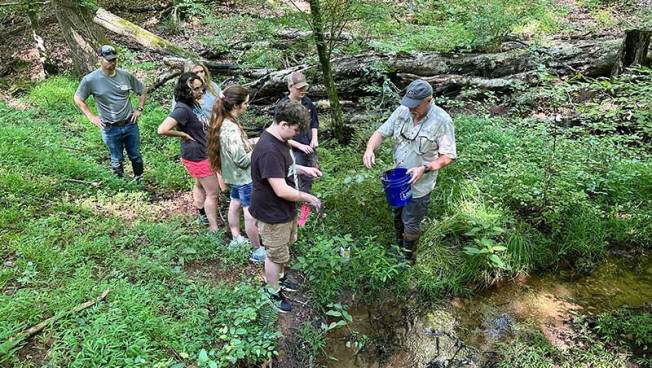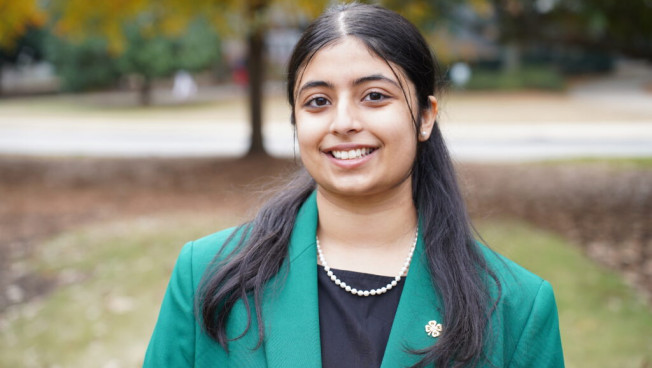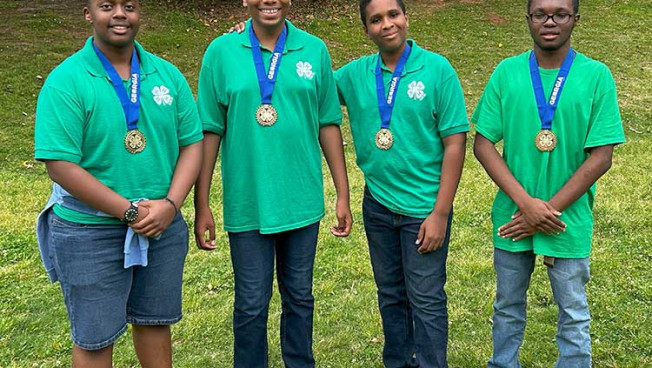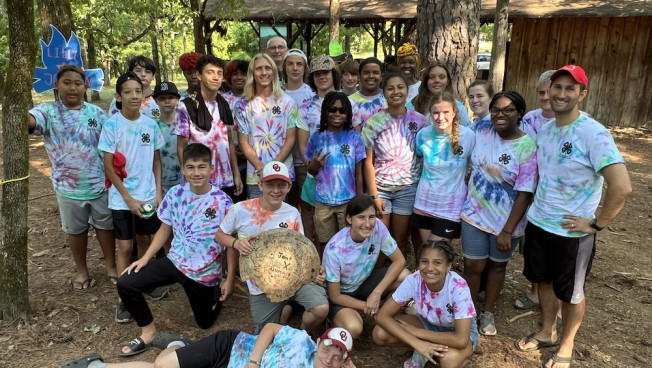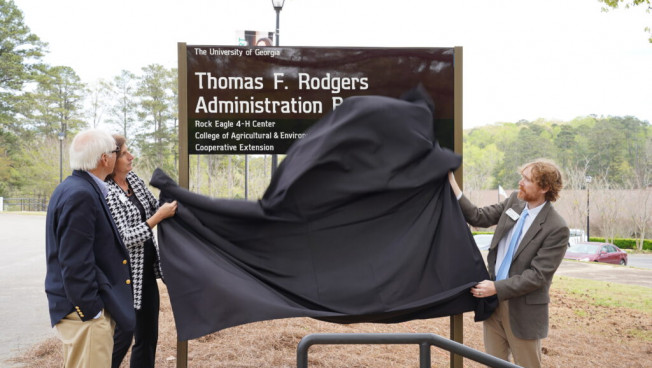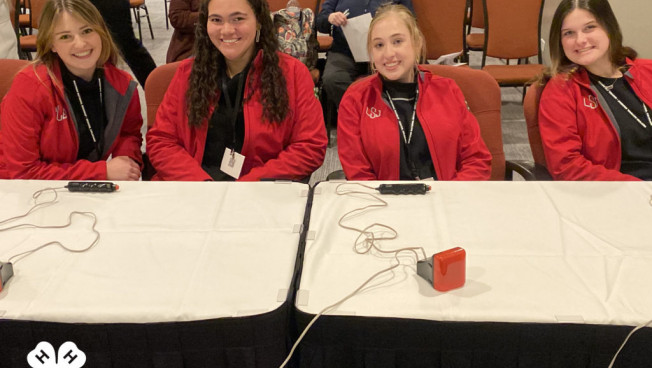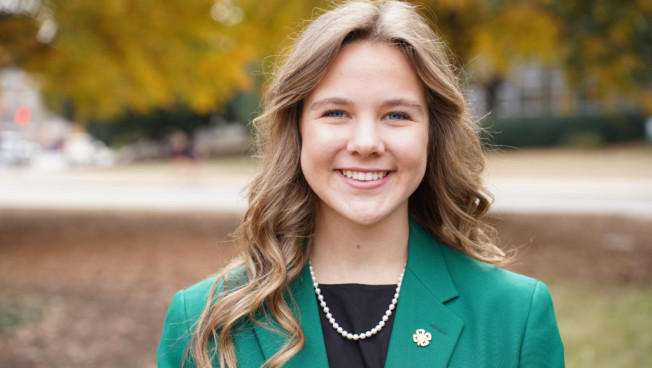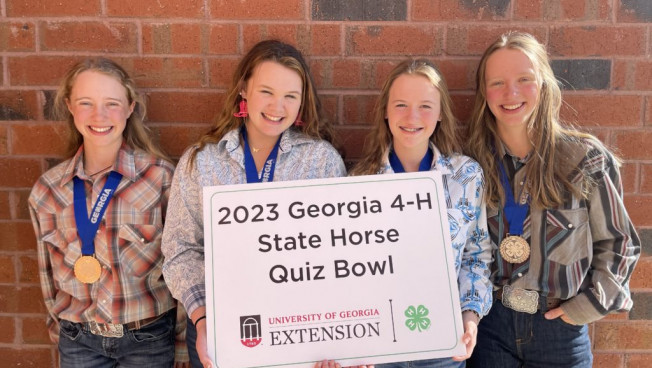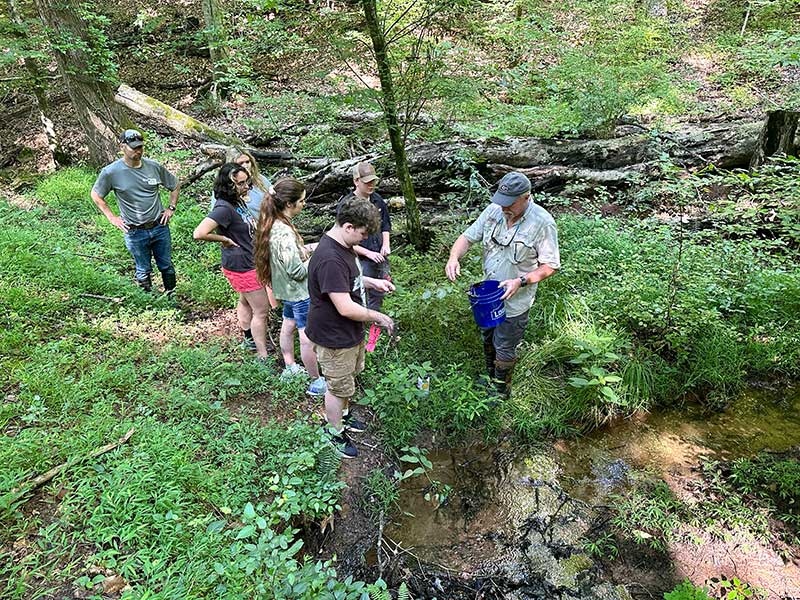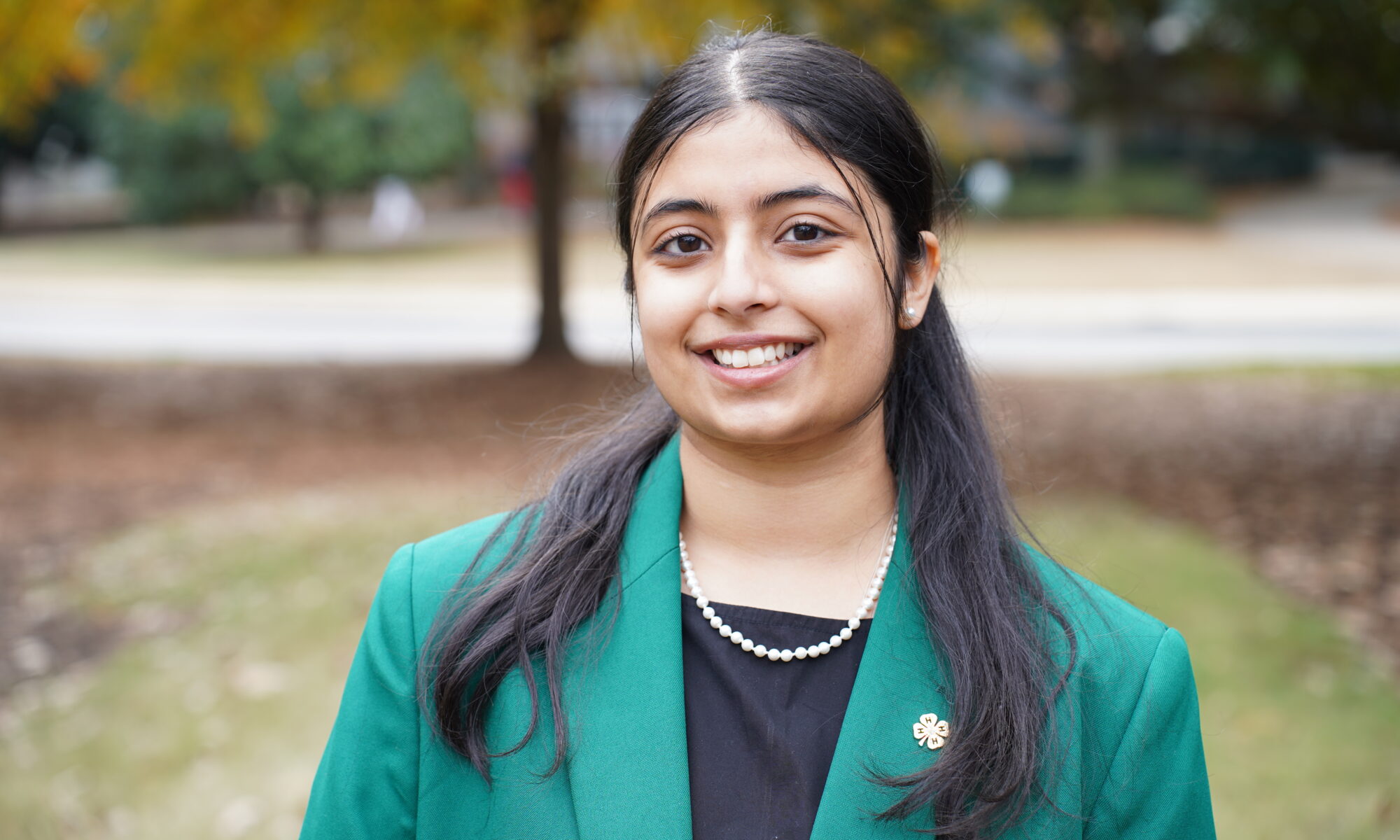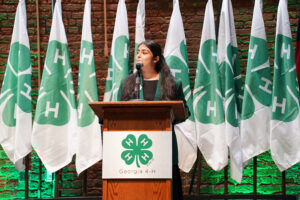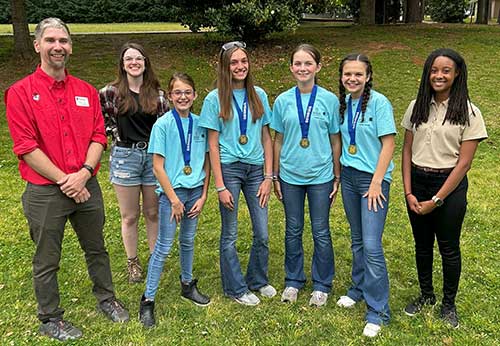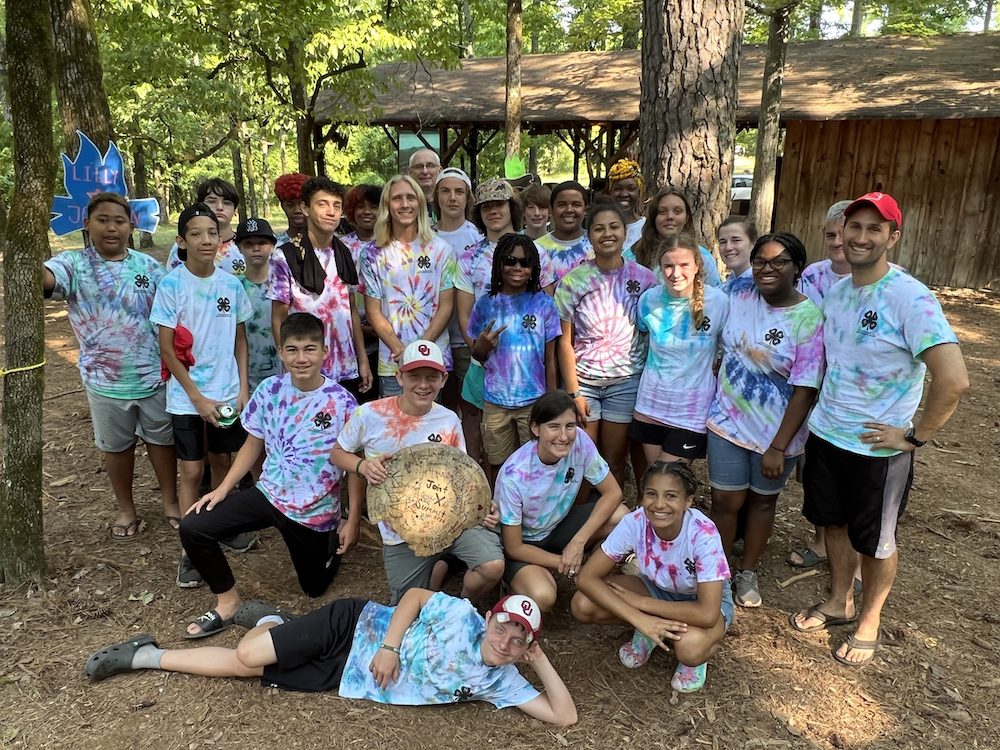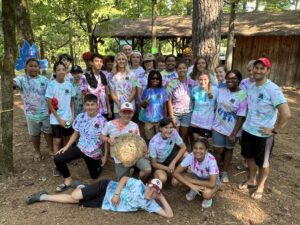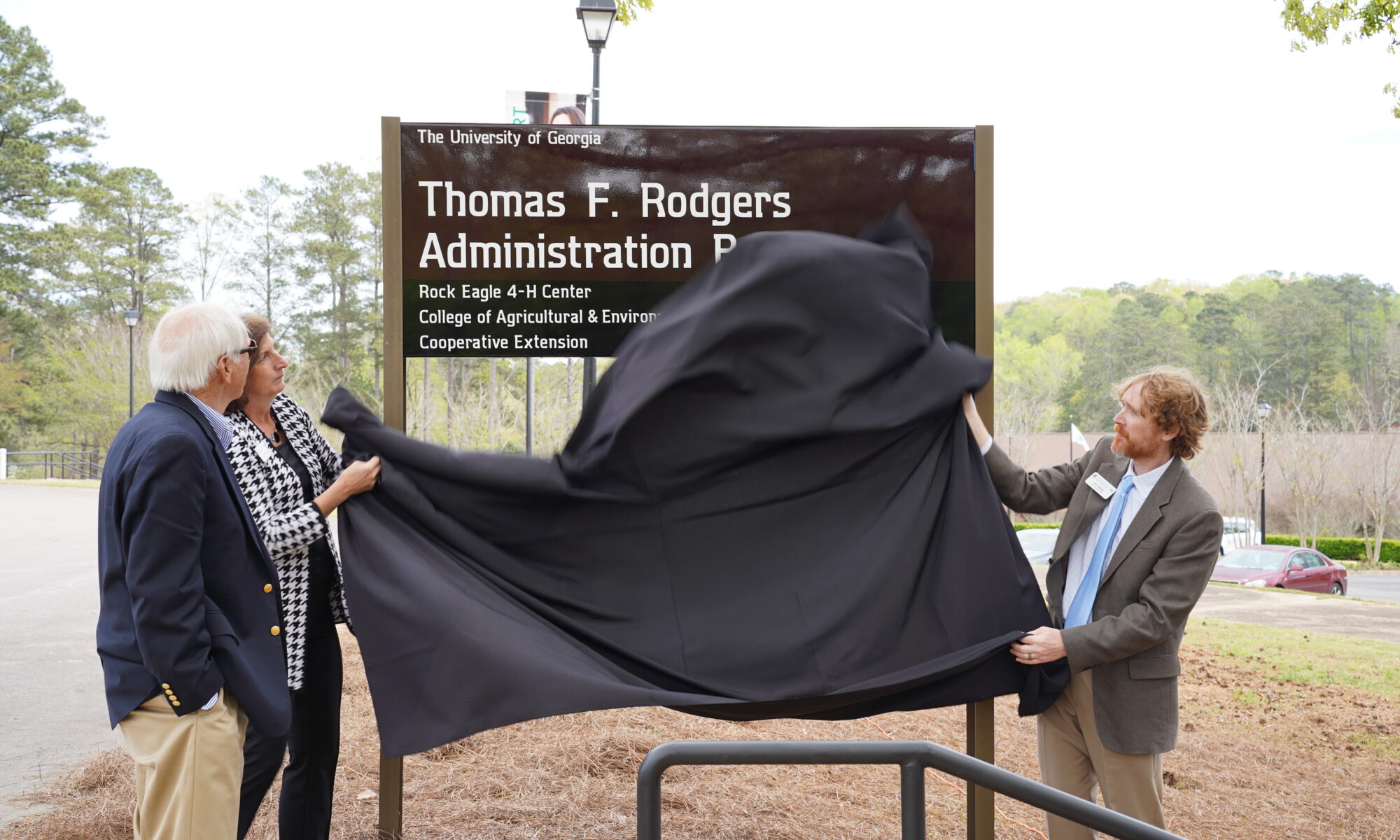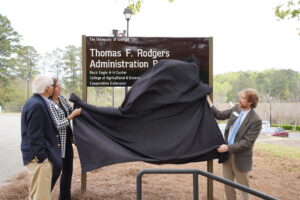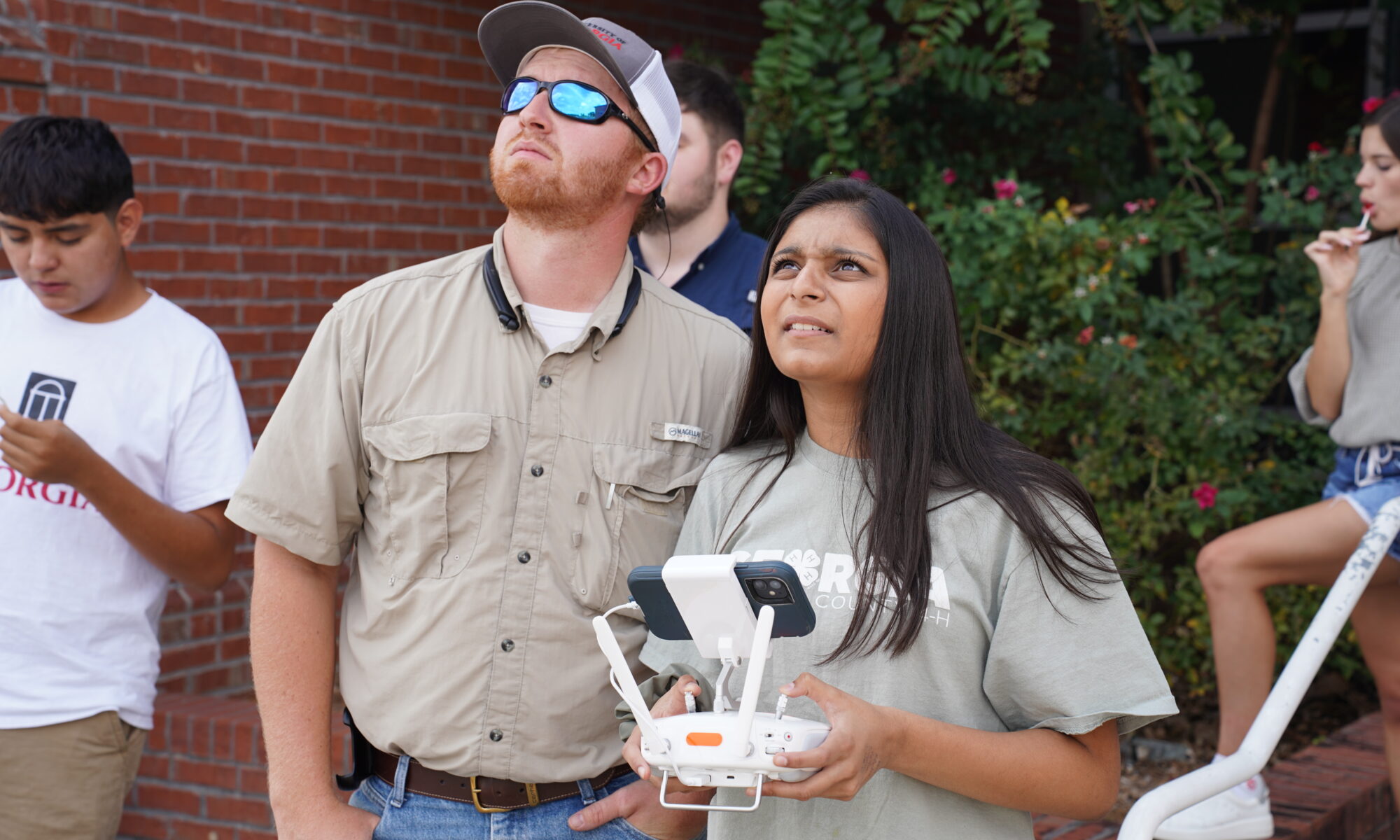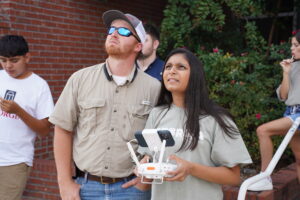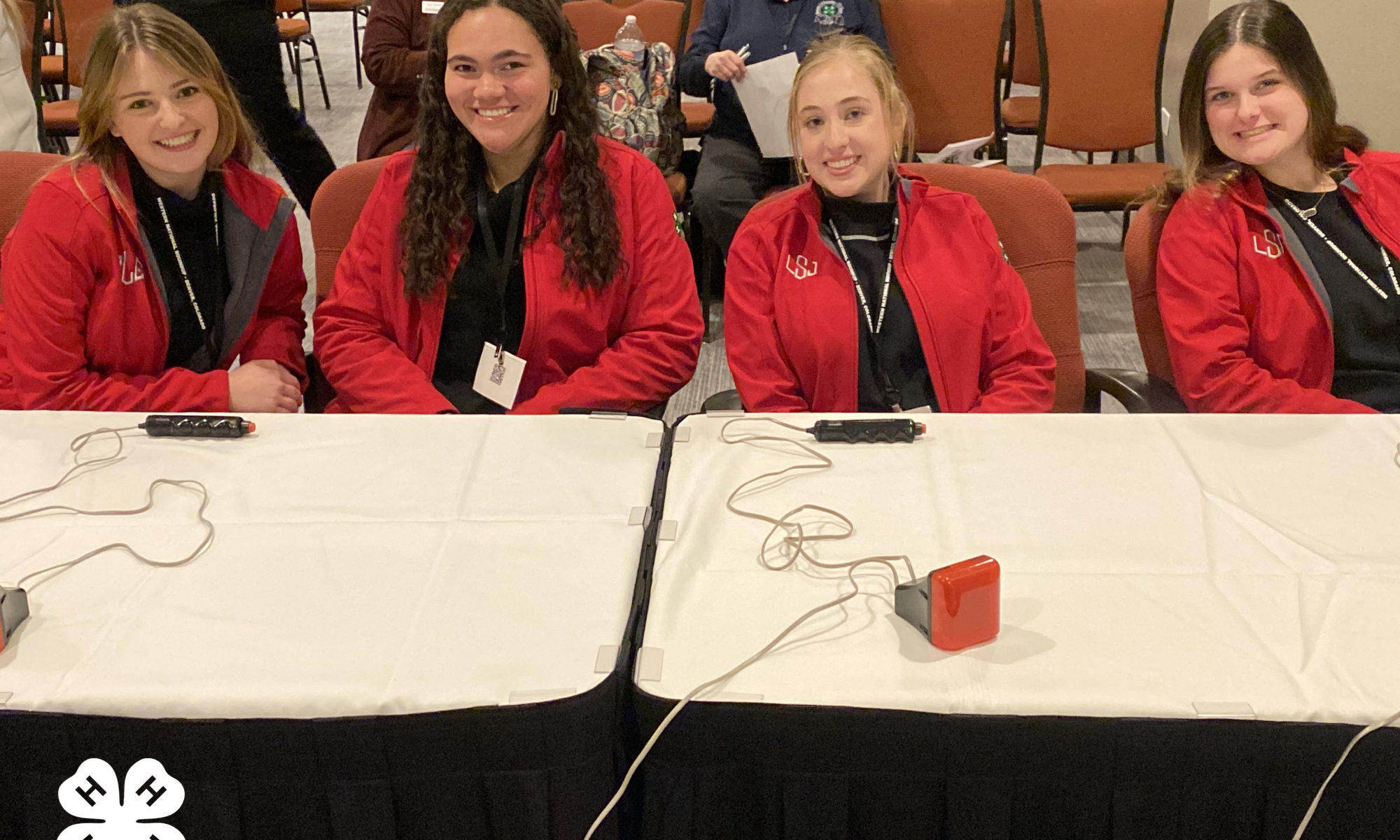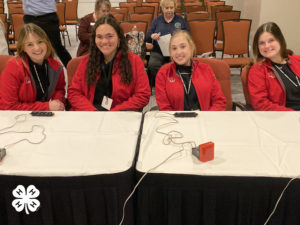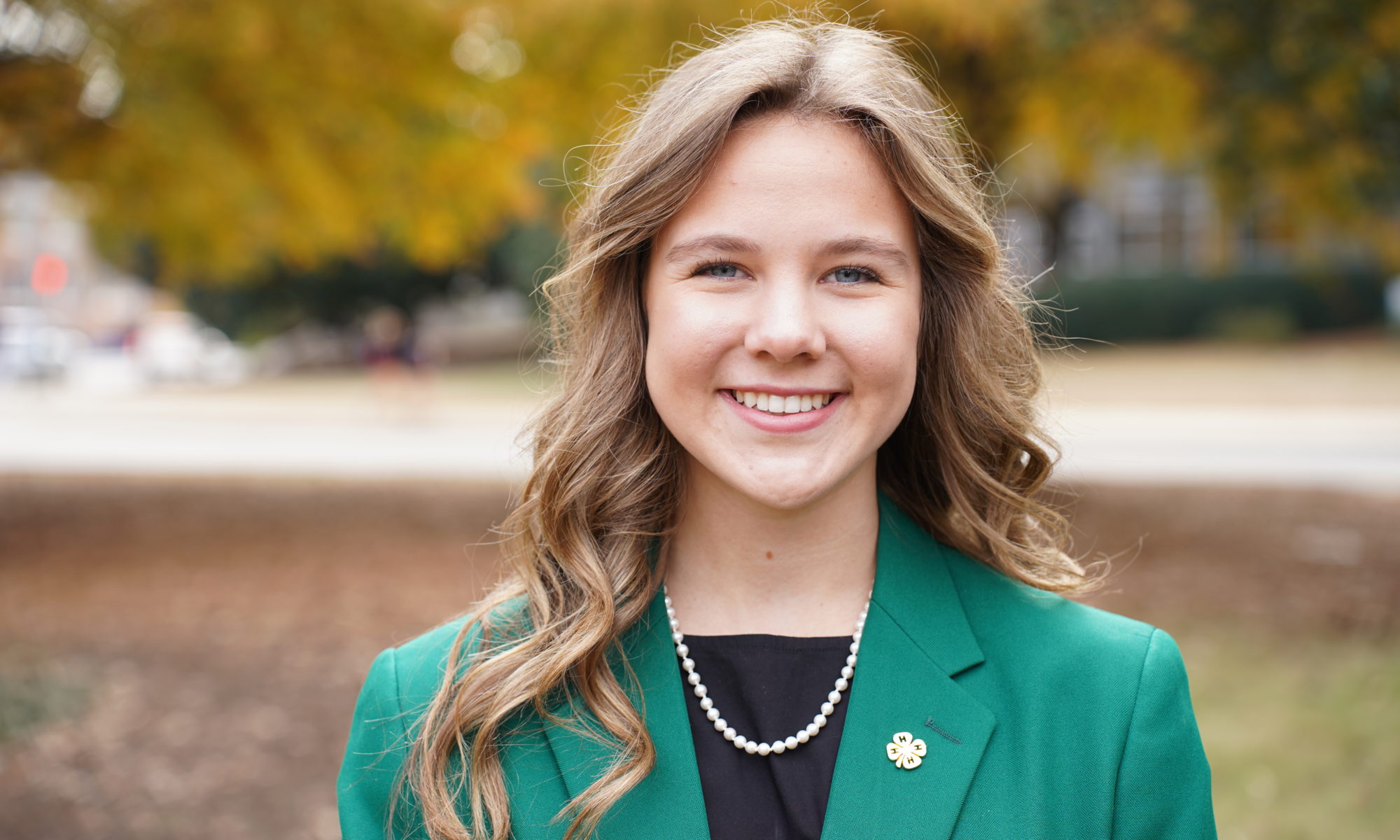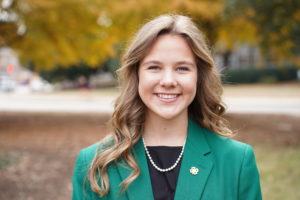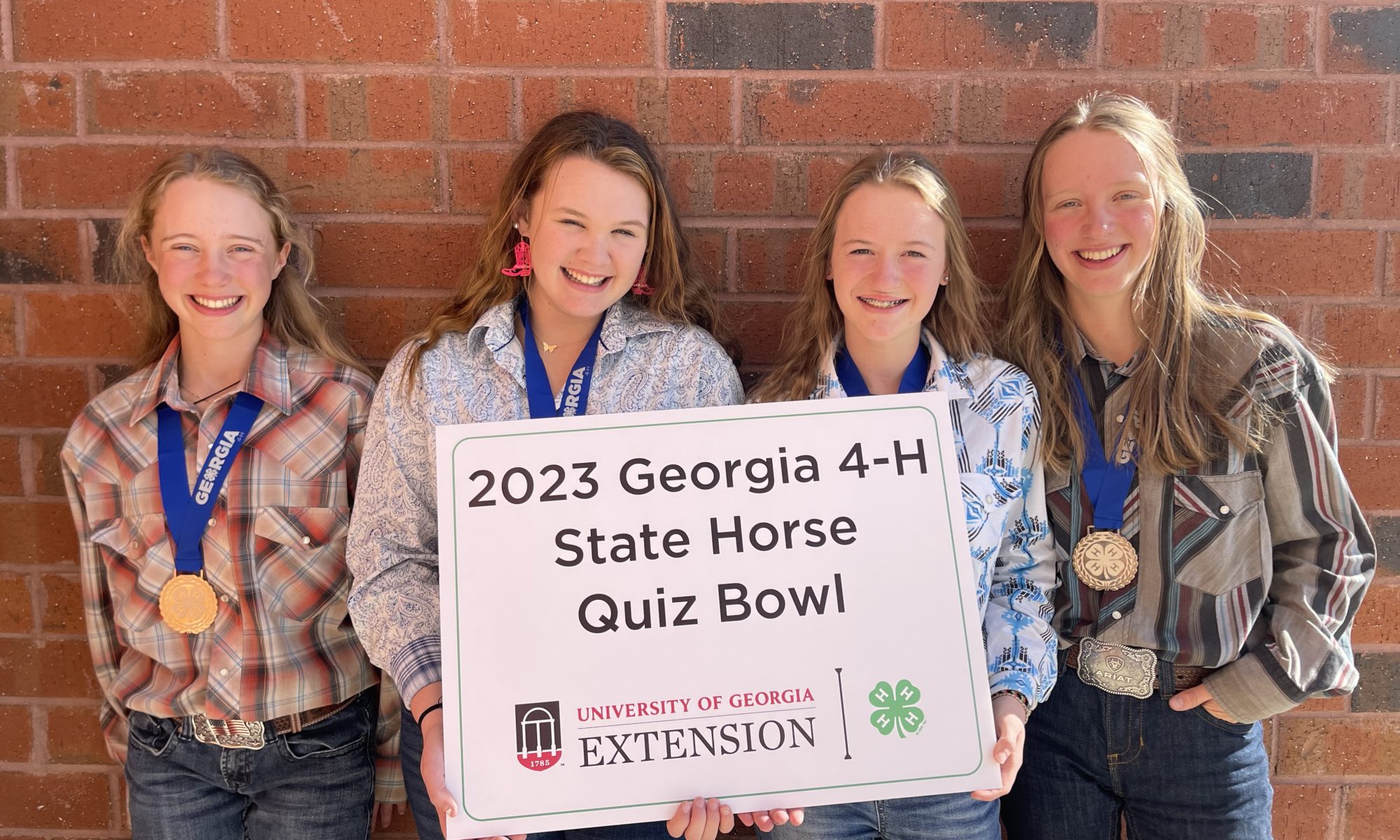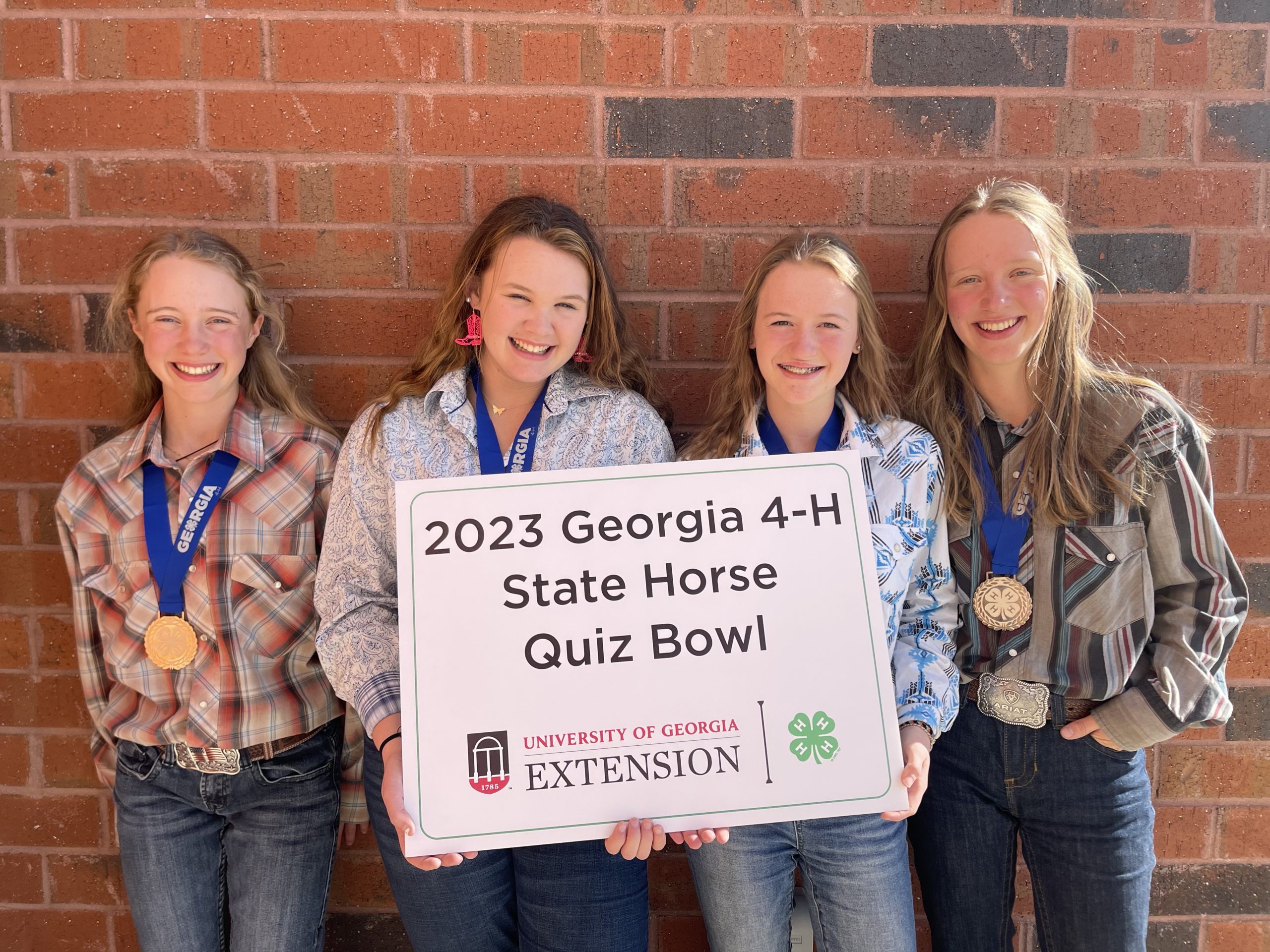
Three Georgia counties are healthier and happier thanks to five years of collaboration with University of Georgia Cooperative Extension to expand access to health and wellness programming through the Well Connected Communities (WCC) initiative. The initiative helps build diverse, multi-generational, cross-sector coalitions that can recognize and address systemic health inequities by intentionally forging connections, building capacity and taking action in these communities and across the Extension network.
The program, which is facilitated by UGA Extension in partnership with the National 4-H Council and with funding from the Robert Wood Johnson Foundation, awarded grants in 2018 to Washington, Colquitt, and Calhoun counties to establish programming for residents through collaboration with local schools, organizations, government entities, youth and adults over the five-year grant period.
A foundational component of every WCC county plan, health coalitions in each county work together to assess and address challenges and needs specifically focused on health and wellness through Georgia 4-H and community programming. UGA Extension faculty and staff support the initiative by facilitating stakeholder efforts and helping to turn goals into reality.
Supporting community mental health needs
Since Washington County formed its coalition in 2018, people of all ages, vocations and backgrounds have worked together on WCC initiatives centered around mental health after the health coalition, with help from the UGA School of Pharmacy, identified mental health as a central issue for both youth and adults.
“The group was passionate about erasing the stigma surrounding mental health challenges and bringing this important issue to the forefront of the conversation,” said Georgeanne Cook, Family and Consumer Sciences Extension agent for Washington County. In May 2023, years of grassroots efforts culminated in a Mental Health Youth Summit at Washington County Middle School. The summit, in partnership with Mercer University, reached every eighth grader at the school, covering topics including anger management, anxiety, depression, suicide prevention and conflict resolution.
Washington County 4-H Agent Cindy Sheram worked with Cook to train volunteers to assist with the outreach programs. “Our partners all across the community make this work so successful,” Sheram said. “It is exciting that the volunteers chose mental health. Youth can understand that there is no stigma in asking for help.”
In addition to reaching youth, Washington County partners with the Family Connections organization to provide services for incarcerated adults through the Residential Substance Abuse Treatment program to empower those in the criminal justice system with mental health coping strategies.
In Colquitt County, the youth component of their coalition, called the “Teen Board,” chose to focus on supporting at-risk youth, especially those impacted by the foster care system. A recent project, Carnival for Care, provided a day of fun for children in foster care and their families. The carnival included resources and activities to support overall wellness for participants. Another program, called the Delightful Duffels initiative, provided brand-new luggage to youth in foster care.
In Colquitt County, 4-H Agent Valerie Bennett and Family and Consumer Sciences Agent Suzanne Williams lauded the benefits of WCC programming. “The grant projects have been instrumental in helping Valerie and I make connections and contacts in the community,” Williams said. “The needs assessment also helps guide our programming across the board.”
Partners for WCC in Colquitt County include local churches, foster care coalitions, the Department of Family and Child Services, Healthy Colquitt and UGA’s Archway Partnership. Archway also supports WCC in Washington County, as their mission dovetails with the statewide goal of improving lives for Georgians throughout the state.
Promoting physical health and social wellness
Nutrition, physical activity, tobacco prevention and social wellness were the critical needs identified in the Calhoun County needs assessment. The Healthier Together Calhoun coalition has undertaken high-impact projects including creating a wellness podcast and farmers market promotions and organizing regular community health fairs.
Calhoun 4-H Agent Shanda Ashley and Agriculture and Natural Resources Agent Luke Crosson are proud of the WCC successes in Calhoun County, including a recent program called Fruit on the Field, which provides fresh fruit to fans as part of a plan to offer healthier choices at the concession stand during sporting events.
“The community has a greater awareness of health because of this project,” Crosson said. “Kids are taking action and checking on each other. They really bonded at the True Leaders in Equity Institute last year.”
The True Leaders in Equity Institute is a National 4-H Council event for youth involved with WCC health coalitions that includes a weeklong conference in Washington, D.C., where youth develop skills and competencies in equity leadership and make connections to people, organizations and tools that can be helpful for their projects.
Since Georgia’s grant cycle began in 2018, Washington, Colquitt, and Calhoun counties have improved thousands of lives through the work of youth and adults united in the goal of improving community wellbeing. “The youth have a voice,” Cook said. “They see the importance of this work and they invite their friends.”
While the grant cycle ended in 2023, each county has plans to continue many of its initiatives.
Georgia 4-H empowers youth to become true leaders by developing necessary life skills, positive relationships and community awareness. As the premier youth leadership organization in the state, 4-H reaches hundreds of thousands of people annually through UGA Extension offices and 4-H facilities.




